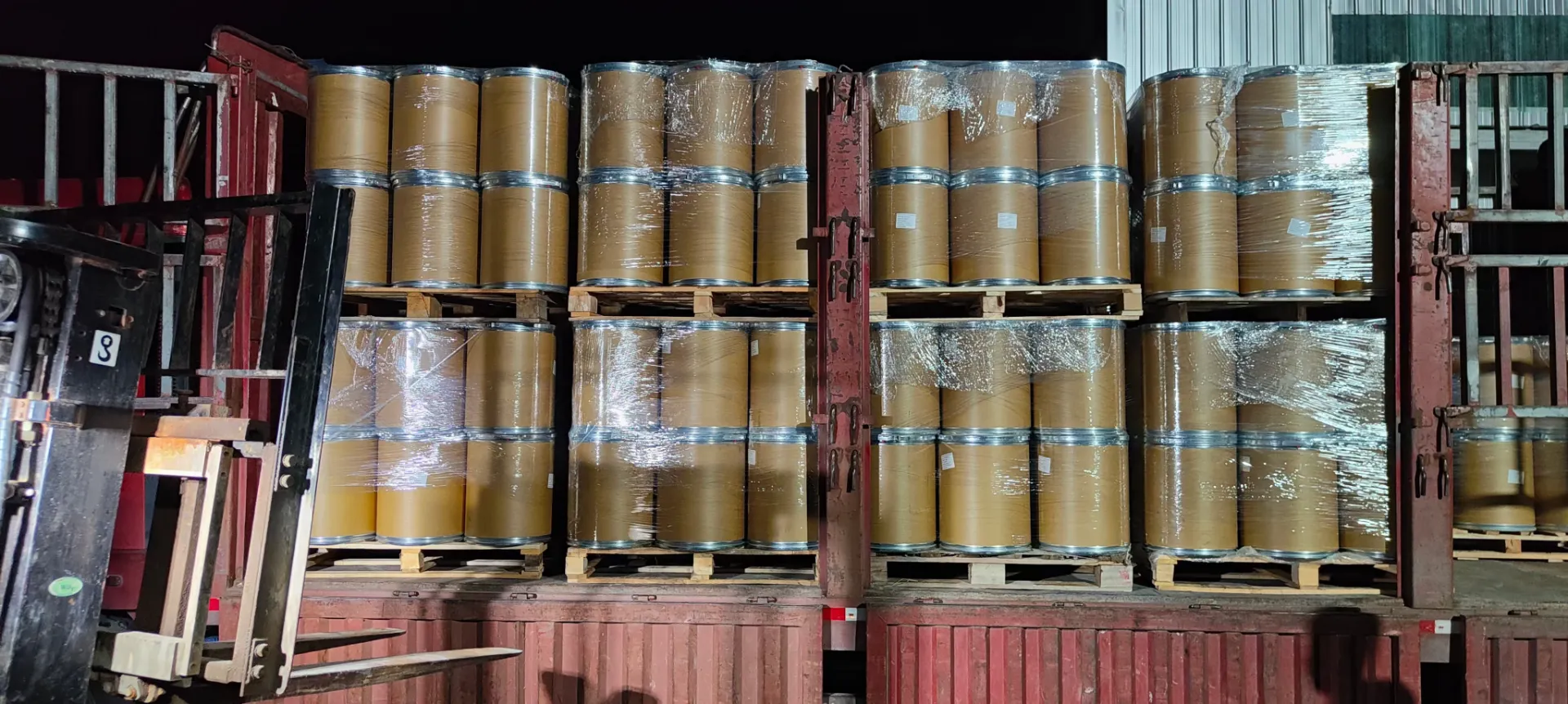The Role of Sodium Thiocyanate in Chemical Applications
Sodium thiocyanate (NaSCN) is a chemical compound characterized by its ionic structure, consisting of sodium cations (Na⁺) and thiocyanate anions (SCN⁻). This compound has garnered attention in various fields, including chemistry, biology, and industry, due to its unique properties and versatile applications.
Chemical Properties and Structure
Sodium thiocyanate is a white, crystalline solid that is highly soluble in water. Its solubility stems from the ability of its ionic components to dissociate in an aqueous solution, which allows it to participate in a variety of chemical reactions. The structure of the thiocyanate ion, featuring a sulfur atom bonded to a carbon atom and a nitrogen atom, gives it the ability to act as a ligand in coordination chemistry. This property opens up avenues for complex formation with various metal ions, which is crucial in many analytical and industrial processes.
Industrial Applications
One of the primary industrial applications of sodium thiocyanate is in the extraction and purification of precious metals, particularly gold and silver. The thiocyanate ion can form stable complexes with these metals, making it easier to separate them from ores. The leaching process using sodium thiocyanate is often preferred over cyanide leaching due to its lower toxicity, which presents a more environmentally friendly option for miners.
Sodium thiocyanate is also utilized in the production of certain chemical compounds, such as thiocyanate-derived pesticides and herbicides. Its versatility as a reagent allows for the synthesis of a wide range of sulfur-containing compounds that are useful in agricultural applications. Moreover, it serves as a precursor in the manufacture of dyes and pharmaceuticals, contributing to its significance in the chemical industry.
sodium thio cyanate

Biological Importance
In biological contexts, sodium thiocyanate exhibits intriguing effects. It acts as a protective agent in certain physiological processes, particularly in relation to thyroid function. The thiocyanate ion can compete with iodide for uptake by the thyroid gland, which may influence the synthesis of thyroid hormones. In high concentrations, thiocyanate can inhibit the activity of thyroid peroxidase, resulting in reduced hormone production. This property underlines its potential role in the treatment of thyroid-related disorders, although careful regulation and dosing are essential to mitigate adverse effects.
Furthermore, sodium thiocyanate has been studied for its antimicrobial properties. Research has indicated that it can inhibit the growth of various bacteria and fungi, making it a candidate for applications in disinfection and preservation. This aspect enhances its appeal in food and medical industries, where controlling microbial contamination is crucial.
Environmental Considerations
While sodium thiocyanate has numerous beneficial applications, its environmental impact cannot be overlooked. The disposal of thiocyanate-containing waste is a concern, as high concentrations can be toxic to aquatic life. Moreover, in the environment, thiocyanate can degrade into various byproducts, some of which may pose additional risks. Therefore, industries using sodium thiocyanate must adopt effective waste management strategies to minimize its ecological footprint.
Conclusion
Sodium thiocyanate is a multifaceted compound with diverse applications spanning industrial, biological, and environmental domains. Its role in metal extraction, chemical synthesis, and biological processes highlights its significance in modern chemistry. However, like many chemical compounds, it necessitates careful handling and responsible usage to mitigate its potential risks. Ongoing research into its properties and applications will likely unveil even more innovative uses and strategies for maximizing its benefits while minimizing its drawbacks. As we progress, sodium thiocyanate remains a compelling subject for both theoretical study and practical application within the broader context of chemical research and industry.

